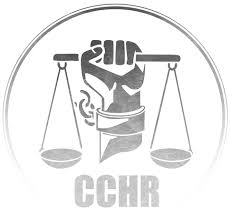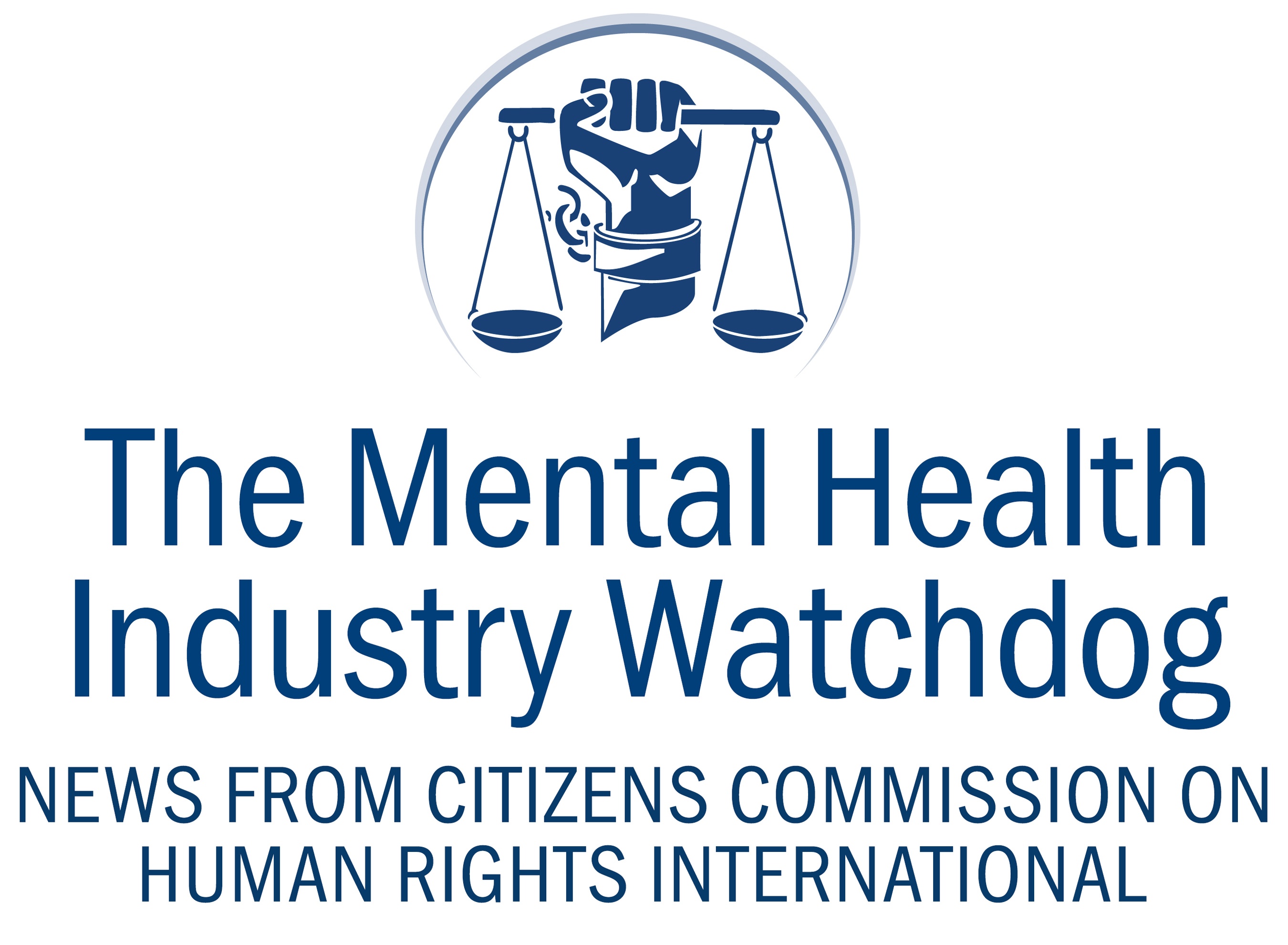A new task force organized under the Florida Department of Children and Family Services (DCF) was recently mandated to examine the incidence of involuntary commitments of children to psychiatric facilities in Florida after a surge of children were being committed across the state. The task force was created to determine ways to reduce the rate of such commitments and is due to submit a final report to the Florida legislature this week with its recommendations. The task force was created as part of a new law passed in Florida’s last legislative session (HB 1121) and includes DCF personnel, state attorneys, public defenders, and other groups, and they have been soliciting information and feedback for the past four months.
According to the Florida Mental Health Act, a person may be committed to a psychiatric facility against his will (or, in the case of children, without the consent of his parents) if he is alleged to have has a mental illness and his recent behavior shows he is a danger to himself, a danger to others, or subject to self-neglect so severe that it puts him at risk of substantial harm or death. Individuals who meet these criteria can be involuntarily committed, either by police or by health practitioners, to a hospital or mental institution for 72 hours during which they are given a psychiatric examination. In fact, a person may even be taken for an involuntary hold upon the sworn statement of a layperson, such as a family member, friend, teacher or coworker. The law states that once a person has been admitted, the facility has three days to take one of three actions: release the patient, obtain his or her written consent to remain at the facility on a voluntary basis, or file a petition with the local court requesting a longer psychiatric commitment of up to 90 days (or, in certain circumstances, six months).
A recent investigative report by CBS12 claimed that “The number of children taken into custody for mental health exams [meaning a psychiatric hold] is surging across the state.” The report detailed the involuntary commitment of a five-year-old who had acted agitated and rowdy in his kindergarten class, prompting the school to call the police and have the child taken away to a psychiatric facility. In December of last year, BuzzFeed News detailed the case of a six-year-old who was committed to a psychiatric facility after he engaged in “kicking and biting” at his elementary school. The boy was taken to River Point Behavioral Health, a facility owned by the nation’s largest psychiatric hospital chain, Universal Health Services. The boy was given a bloody nose by another child at the facility, locked in a seclusion room at 3 am, and was there for more than 24 hours before he saw a psychiatrist, according to medical records provided to BuzzFeed by his parents. In fact, it was public outcry over this last case that prompted the Florida legislature to pass HB 1121, creating the DCF task force and requiring that a minor be examined by a psychiatrist within 12 hours of the child’s commitment to a mental health facility.
To the casual observer, the behavior displayed by these kids is typical childhood angst rather than serious misconduct requiring formal police intervention and an involuntary psychiatric commitment. Yet to school personnel and other officials, their behavior constitutes grounds for involuntary commitment under Florida’s Mental Health Act—commonly called the “Baker Act” in Florida. These kids are part of a years-long trend of officials using, and sometimes abusing, the state’s psychiatric commitment laws to address behavior that probably could have been remedied by a call to the child’s parents. And the pace of these commitments is accelerating: the number of children that have been involuntarily committed increased by about 50% in the past five years according to numbers compiled by DCF and the Agency for Healthcare Administration (AHCA).
The Baker Act was passed in 1971. Named after Representative Maxine Baker, the legislation was a comprehensive overhaul of Florida’s anachronistic mental health laws. The Act created additional protections for the mentally ill at a time when Florida still ran large institutions. In fact, vindictive and inappropriate psychiatric commitment was a significant problem in those days; it happened so frequently that the legislature passed a law making it a crime to provide false information for the purpose of having someone committed to a mental hospital (this criminal statute has since been repealed). By clarifying the criteria for admitting a patient against his or her will, lawmakers hoped to decrease wrongful commitments and ensure that the rights and dignity of psychiatric patients were respected.
In the case of involuntary commitments initiated at school, many parents believe that they would have been able to get their child’s behavior under control if the school had given them the opportunity. But while parents are typically informed after a commitment is initiated, as required by Florida law, they are often not informed before the police are called to start the commitment. What’s more, parents have no authority to stop a commitment once the police have been notified. In other words, once the commitment process has been triggered, it cannot be pulled back by the parents (or anyone else, for that matter); the police must follow through and take the child to a receiving facility. Florida law also requires that the child be transported in a police vehicle, preventing otherwise-compliant parents from providing a less frightening form of transport to the medical facility. Parents are left to deal later with the lasting effects that such a process might have on a fragile kid.
It is up to the task force to come up with recommendations to prevent the unnecessary use of involuntary commitments of children. It is to be seen what steps the task force will suggest to ensure that the excessive use of this law is curbed and children aren’t being taken to psychiatric facilities without their parents’ input and consent.









Leave A Comment
You must be logged in to post a comment.